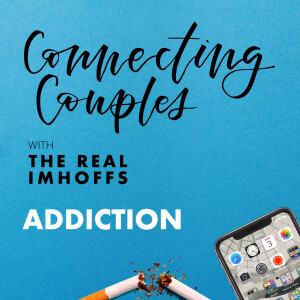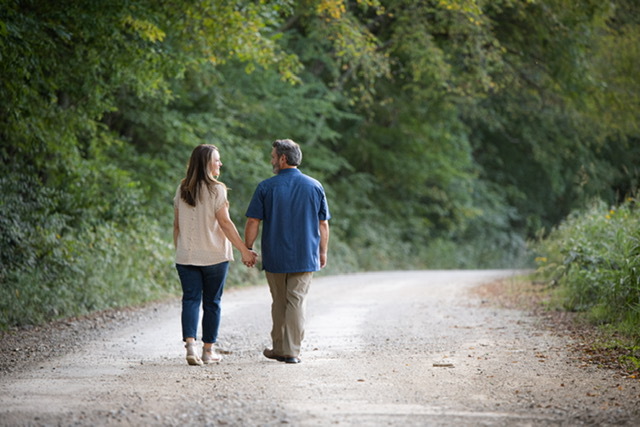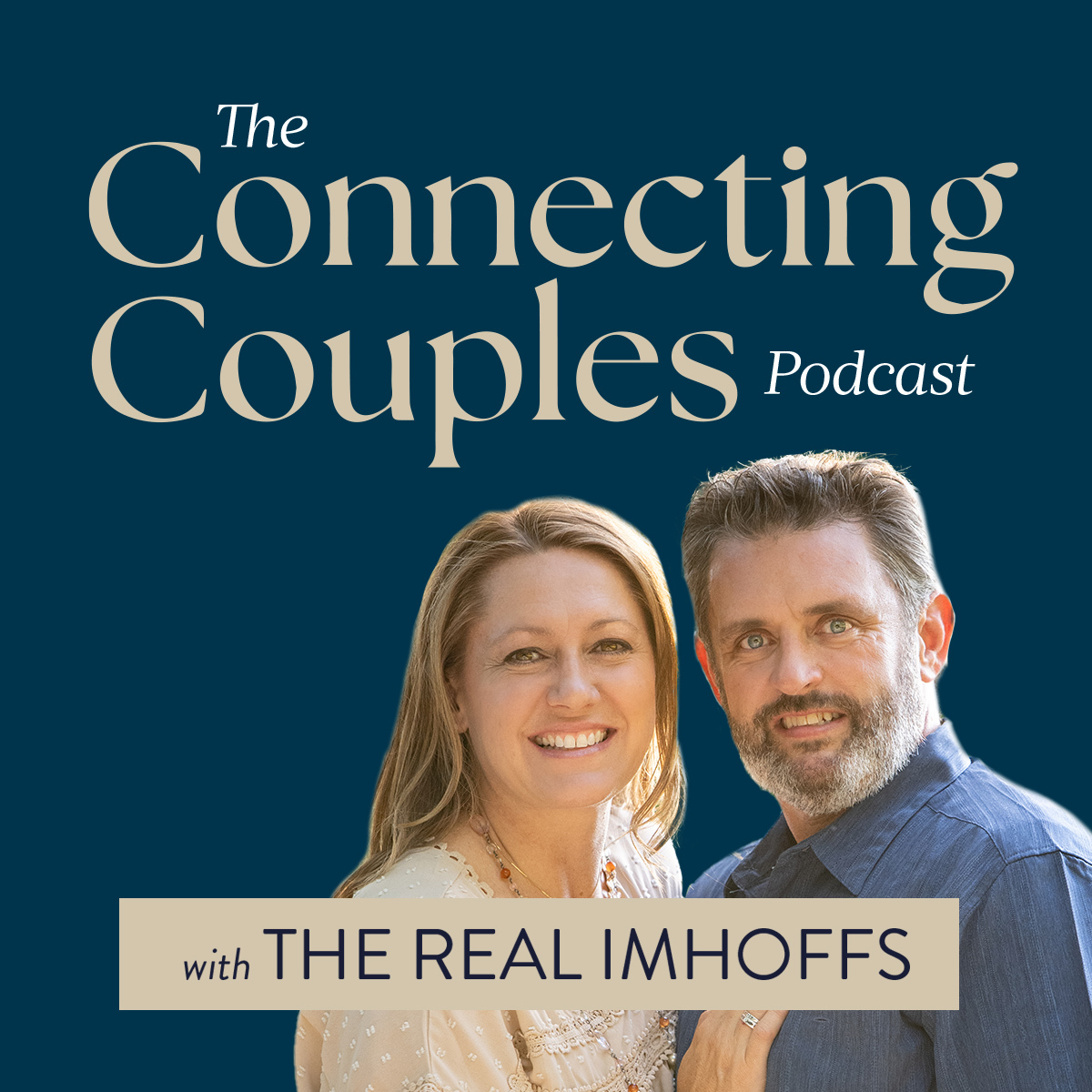Episodes

Wednesday Aug 24, 2022
Connecting Couples in Addiction: Episode 3- Habits
Wednesday Aug 24, 2022
Wednesday Aug 24, 2022
Connection Couples Podcast: Addiction Series
Episode 3: Habits
First 5 minutes:
Intro- It’s hard to just quick because we have to rewire our brains. Quitting an addiction doesn’t give us practice around engaging in our relationships in a way that’s comforting.
Moving the definitions and qualifiers out of the way, lets discuss why we can’t just stop our bad habits! When we have turned to something over and over again for relief it is much hard to just quit that wanting to. Starting new ‘good’ habits is hard too. We have to replace our negative habits with something that takes up as much time or weight in our lives. If not, there is a void.
If we gave a fraction of the amount of energy to our health as we have to our unhealthy, we’d be healthier. Some of our bad habits have become such reliable patterns that it’s hard to just remove them from our day to day activity- because it’s been built in.
Minutes 5-10:
Some of the unhealthy addiction we’ve adopted, build pathways into our brain that becomes something we rely on. Awareness is still the first start to being healthy. We can often be using ‘healthy’ habits in a way that makes us look efficient on the outside, but we are still unaware what we are ‘using’ those habits for. Can we acknowledge our internal anxiety or negative feelings that we are using those positive behaviors for?
We want to start discussing what the behavior is satisfying. As a baby, we cry out and get responded to. As we grow, we learn what we get responded to and what we need to hold back or self-sooth. We are designed to connect, but we are trained to become self-reliant.
Minutes 10-15:
Our daughter used a pacifier to sooth herself in distress. When we weaned her off, we had to discuss different ways to comfort herself in a healthy way, and turning to mom and dad isn’t always available.
Instead of a partner saying, “I need you to stop drinking so much,” what might it look like to say, “I notice that you turn to drinking lot, and I wonder what I might be able to do so you could turn to me for comfort instead of drinking.” YIKES, that’s hard to consider. In order for this to work, there would have to be acute awareness and availability around the need for comfort.
I (Angela), recall my mom complimenting me on being a hard worker. It was a virtue to her that our family of origin goes to work as a form of comfort. Our family rule, if you can do something productive with your discomfort, then at least you’ll have a positive result from the negative feeling.
Minutes 15-20:
This isn’t about blaming our parents for what we know and have learned. This is about trying to identify what we learned to do when we need comfort. Then maybe we can start to shift what we go to for comfort because we can at the very least recognize that comfort is needed.
It is not only the present of bad things that created the need for comfort, but also the absence of good. If we did not get taught how to comfort ourselves in a healthy, positive way, we will learn to use what we can. We have it in us to want and desire comfort from another human, but we have found other ways to exist. In order to stop the ‘other’ ways, we have to work on how we connect. Hugs are not the same as cocaine, so we have to learn how to get the comfort we need.
Minutes 20-25:
People who come from a family where addiction is present often have a language that includes the process of sobriety. But a family that doesn’t have the presence of addiction, often has a hard time even identifying that there is a problem with getting comfort from each other.
The sad truth about addicts, that they are often in systems where all of the efforts to help them stop are actually only perpetuating the negative habits. Both sides of this negative cycle are just as hopeless. One side relies on performance and striving and the other leans on substance or negative behaviors and both sides miss that we need each other in those places.
Connect Point: In trying to identify what we learned, what did you see people in your family of origin do with their pain? What did they go to or do to manage their discomfort?
To learn more about Chad and Angela and why they care so much about this topic, go to their website: www.therealimhoffs.com


No comments yet. Be the first to say something!